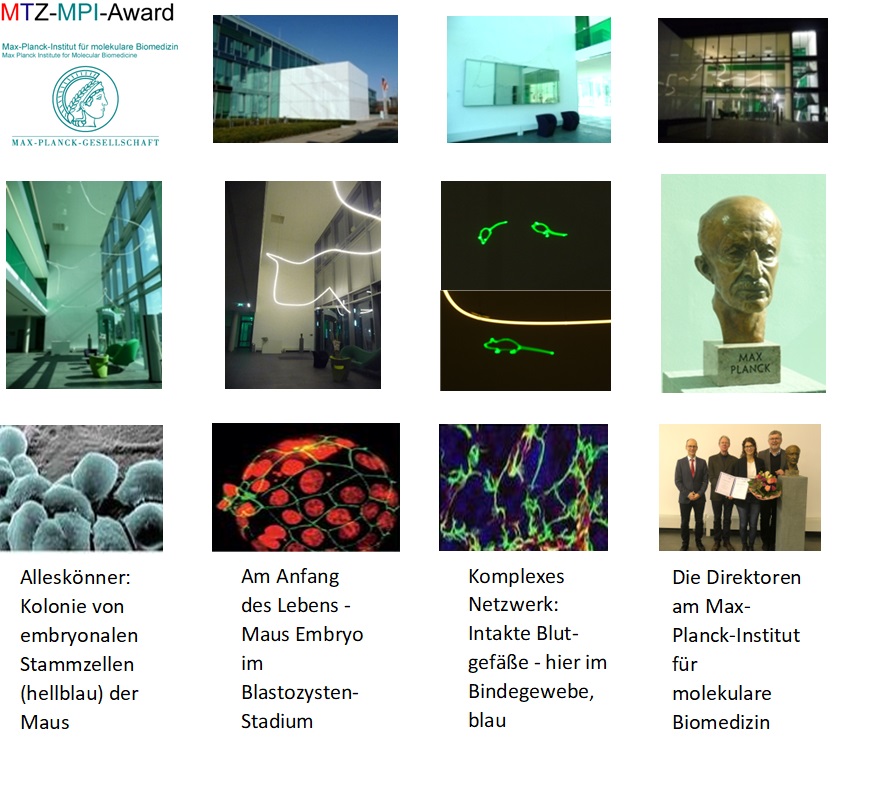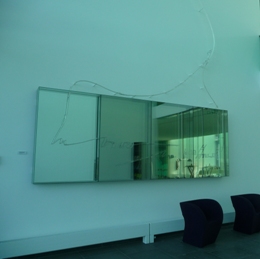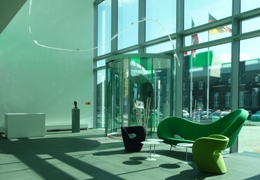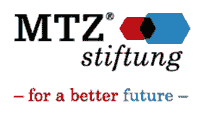The MTZ®-MPI-Award
PhD students and postdocs until 2 years after completing their PhD exam can be fostered. Excellent scientific achievements in the form of a publication will be fostered. The publication should be based on results achieved at the Max Planck Institute for Molecular Biomedicine.

The MTZ®-MPI-Award consists of a prize money of € 2,500 and a certificate.
The Board of Trustees, which is composed of the directors of the institute, nominates the candidate(s) and evaluates the submitted works
The Max Planck Institute for Molecular Biomedicine
The Max Planck Institute was founded on August 1st, 2001. At this time, Professor Dr. Dietmar Vestweber was appointed as director of the first department (Vascular Cell Biology). Since April 2004 Professor Dr. Hans Schöler is director of the second department (Cell and Developmental Biology) after having relocated his laboratory group from the United States to Münster. Prof. Dr. Ralf H. Adams is appointed third director of the institute, retrospectively from October 1st 2007. He was recruited jointly by the University of Münster and the Max Planck Society, and will move with his laboratory from the Cancer Research UK London Research Institute to Münster in Summer 2008.
The Max Planck Institute employs an international team: A total of 150 researchers – including biologists, physicians and physicists – and support staff from 15 countries are working here. The Institute consists of three departments and a further five research groups. Each department is headed by a director, who is autonomous in his research activity. The position of Managing Director of the Institute rotates among the directors; current Managing Director is Hans Schöler. All three Institute directors are members of the medical faculty of the University of Münster and hold a professorship there.

The research at the Max Planck Institute for Molecular Biomedicine
The Max Planck Institute for Molecular Biomedicine is devoted to basic science aiming at investigating the molecular mechanisms that form the basis of pathophysiological processes leading to disease. The research objects involve several aspects of the cell biology of the endothelium, developmental biology and cell-renewal, development of the vascular system, and structural biology. The research of the three Departments aims at understanding, employing models of structure-function relationships, the mechanisms that allow steering and controlling the regeneration of healthy tissue, especially of blood vessels, thereby laying the ground for the establishment of fundamentally new approaches to cure diseases.
Under the direction of Prof. Dr. Dietmar Vestweber, the Department Vascular Cell Biology works on the field of leukocyte migration into inflammatory sites. The initiating cell adhesion mechanisms between leukocytes and endothelial cells and the discovery of new adhesion molecules are major parts of the research studies.
Under the direction of Prof. Dr. Hans R. Schöler, the Department Cell and Developmental Biology focuses on germline development and pluripotency. A major part of the research studies is the attempt to elucidate, at the molecular level, how a somatic cell nucleus and how a somatic cell have to be reprogrammed to enable pluripotency.
Under the direction of Prof. Dr. Ralf H. Adams, the Department Tissue Morphogenesis works on the question as to how cells make tissue. Much of the research is focusing on the vertebrate cardiovascular system, in which blood vessels on the one hand need to integrate precisely into very different tissue environments and acquire organ-specific functional specialization and on the other hand they have to retain plasticity to allowing them to adapt to changing local requirements and cues.


